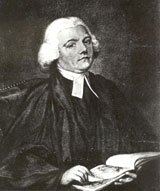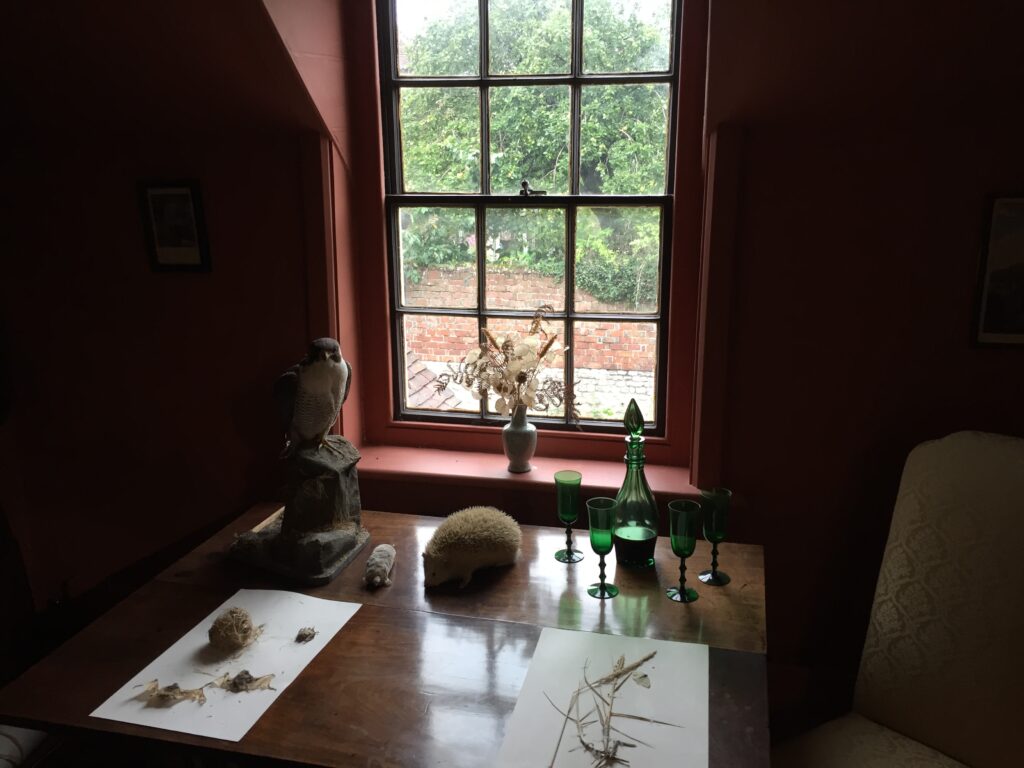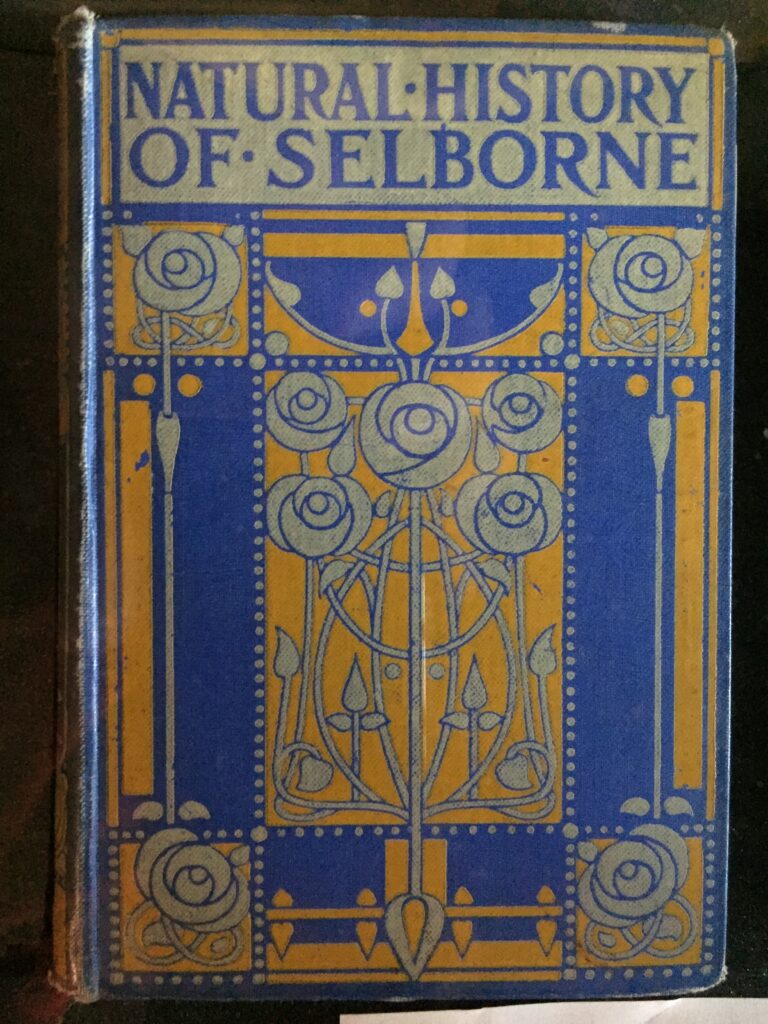The man often called “the first ecologist” is Gilbert White, British clergyman, gardener and naturalist, born July 18, 1720 (died 1793). White lived most of his adult life in the English village of Selborne in the county of Hampshire, about an hour south of London. He was educated at Oxford and was ordained in 1749, soon to become the vicar of Selborne.

White was an ardent gardener and gained an early reputation as a keen observer of the environmental factors that impacted cultivated crops. He published a calendar of his observations that became a guide for farmers and gardeners in the region. He loved animals and kept a menagerie, including a pet tortoise named Timothy.
His true legacy, however, has come from his similar keen observations of nature itself. Unlike naturalists of his time, who mostly examined dead specimens of animals in order to describe their appearance, White focused on living animals and their interactions with others and their environment—hence his recognition as the first ecologist. For example, he differentiated three species of birds based on their songs and behavior, presaging the work of Charles Darwin in the next century. Despite being a clergyman, he didn’t shrink from the realities of the natural world:

“As the swift or black-martin is the largest of the British hirundines, so is it undoubtedly the latest comer. For I remember but one instance of its appearing before the last week in April: and in some of our late frosty, harsh springs, it has not been seen till the beginning of May. This species usually arrives in pairs…. If any person would watch these birds of a fine morning in May, as they are sailing round at a great height from the ground, he would see, every now and then, one drop on the back of another, and both of them sink down together for many fathoms with a loud piercing shriek. This I take to be the juncture when the business of generation is carrying on.”

Over a period of twenty years, he recorded his observations in a series of letters to fellow naturalists. With the help of his brother, he compiled 110 of those letters into a book, The Natural History and Antiquities of Selborne, published in 1789. The book instantly became a classic of natural history. It has remained in print continuously since then, in more than 300 editions, and is said to be the fourth most published book in England (after The Bible, The Complete Works of Shakespeare and The Pilgrim’s Progress)
White’s home in Selborne, The Wakes, is now a National Trust Property in England.
References:
Come Step Back In Time (blog). 2013. Gilbert White—The Parson Naturalist of Selborne, Hampshire. Available at: https://comestepbackintime.wordpress.com/2013/02/12/gilbert-white-the-parson-naturalist-of-selborne-hampshire/. Accessed July 18, 2017.
Encyclopedia Britannica. Gilbert White, English Naturalist and Clergyman. Available at: https://www.britannica.com/biography/Gilbert-White-English-naturalist-and-clergyman. Accessed July 18, 2017.
Gilbert White House & The Oates Collection. The Reverend Gilbert White 1720-1793. Available at: http://gilbertwhiteshouse.org.uk/Gilbert-White/. Accessed July 18, 2017.
